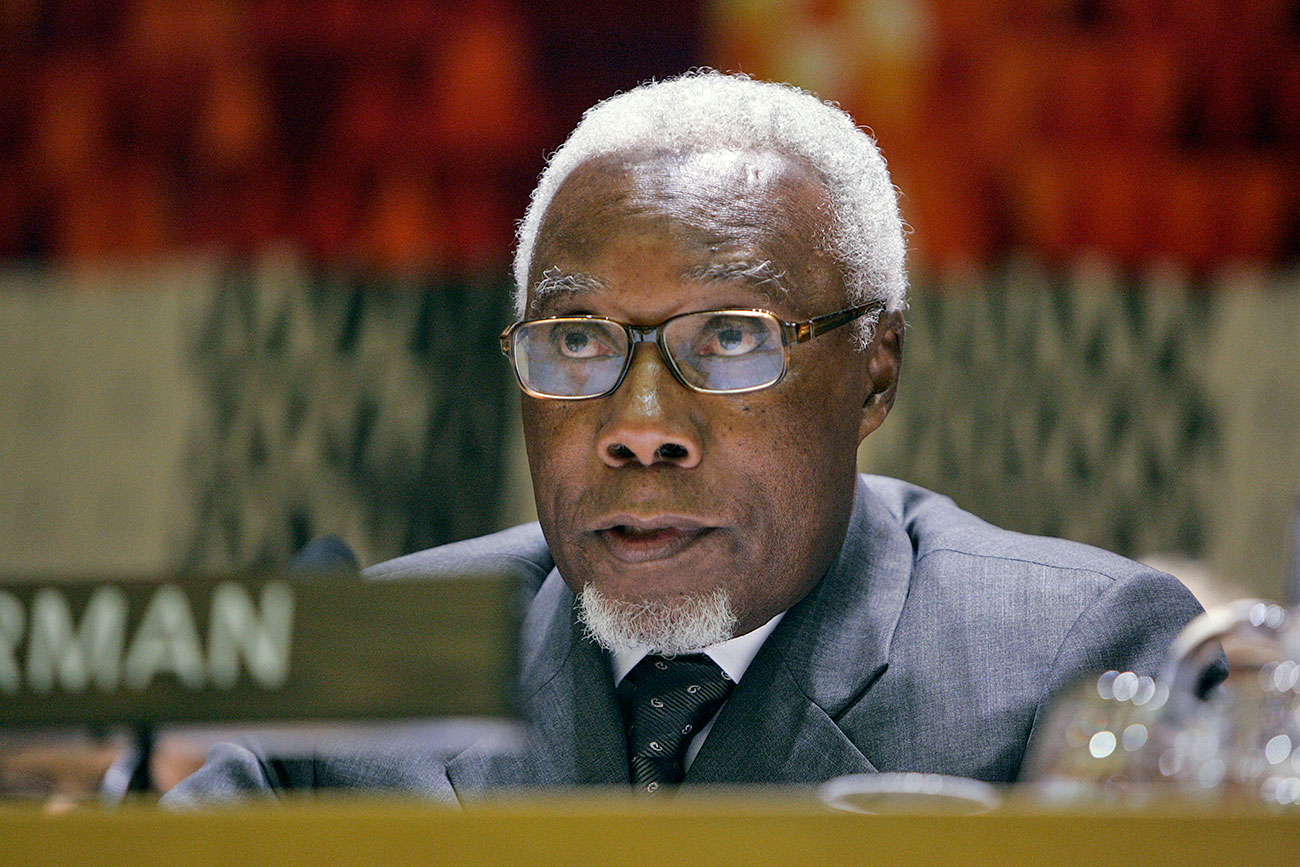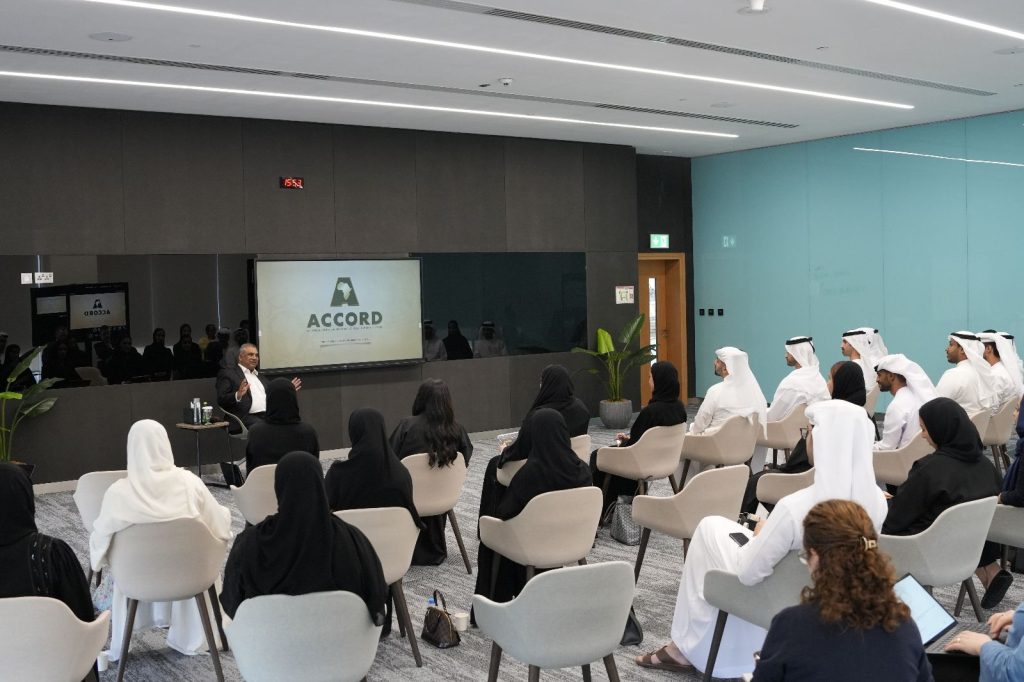Ahead of the comprehensive review of the United Nations (UN) Peacebuilding Commission (PBC) scheduled for 2015, the Dag Hammarskjöld Foundation and the Peace and Security Department of the African Union Commission (AUC) jointly organised a seminar on 27 and 28 October 2014 in Addis Ababa, Ethiopia. The meeting, convened with the theme ‘Regional perspectives on peacebuilding in Africa: An essential framework for effective post-conflict response’, aimed to highlight the need for closer interaction between the PBC and peacebuilding actors in Africa, with particular reference to the AU and its mechanisms, as well as to regional economic communities (RECs) and civil society actors.
The seminar focused on three aspects which are close to the mandate of the PBC:
- regional perspectives and engagement in peacebuilding
- coherence and coordination
- inclusion and participation of civil society and other non-state stakeholders.
Speaking specifically of some of the engagements by the African Centre for the Constructive Resolution of Disputes (ACCORD) on the continent, through processes such as the g7+, International Dialogue and the African Solidarity Initiative, Mr Charles Nyuykonge, senior researcher in the Knowledge Production Department at ACCORD, argued that it was critical to coordinate African peacebuilding projects to ensure greater impacts from the various efforts. Lack of synchronisation amongst peacebuilding actors, he added, was ‘at best projecting peacebuilding actors as seeking visibility than impact and, at worst, sowing seeds of inequality resulting from imbalanced development and resource plundering by those with excess’. This, he warned, was a recipe for conflict escalation in fragile states and states recovering from conflict.
There was consensus among delegates on the need for closer collaboration of actors and that the centrality of the AUC and RECs, and their potential to reach out to states at summit level, needed to be carefully considered and harnessed by the PBC, which was accused of being too distant from and unknown to some African regional institutions, as well as being at times completely disconnected from other parallel processes. This shared viewpoint led to the participants recommending that it was necessary for actors to deeply reflect on how to enhance coordination so as to achieve the objectives pursued by the peacebuilding fraternity, and by the PBC in particular.
Another recommendation was that the PBC should work in closer consultation with African member states of the PBC’s African caucus based in New York. Additionally, representatives of RECs opined that there is a need for more preventive action, as opposed to ‘fire quenching’ and suggested the need for a rapprochement between the PBC and the African Peace and Security Architecture which, in the participants’ view, is critical in managing and ending wars on the continent if adequately resourced.
Participants at this event were drawn from the AUC (Post-conflict Reconstruction Division, Women, Gender and Development Directorate and Department for Social Affairs), the East African Community, Economic Community of Central African States, Economic Community of West African States, Common Market for Eastern and Southern Africa, Intergovernmental Authority for Development, International Conference on the Great Lakes Region and the UN Office to the AU. Also represented were the West Africa Network for Peacebuilding and ACCORD – regional civil society organisations with substantial and proven expertise in peacebuilding in Africa. Regrettably, the PBC and its sub-organs – the Peacebuilding Fund and the Peacebuilding Support Office – were not represented.
ACCORD has been engaged in international peacebuilding processes for several years, including with the g7+, International Dialogue, and the African Solidarity Initiative, seeking to, among others, contribute to increased coordination among peacebuilding actors in Africa. The meeting, therefore, presented a meaningful opportunity to share views and insights on ways in which coordination can be strengthened towards greater impact of peacebuilding efforts. In this regard, ACCORD recently published a Policy & Practice Brief titled Getting coherence and coordination right: Principles for the peacebuilding policy community.








